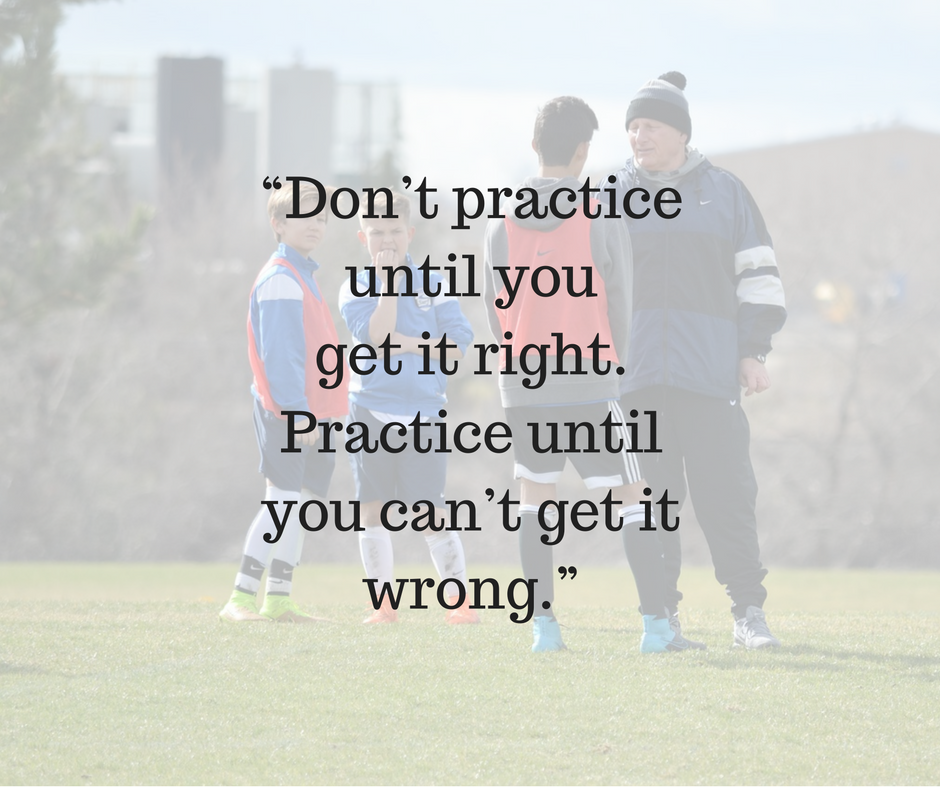[powerpress]
Today let’s talk about how painful mentor calls are. The feedback is similar all around once we get honest- so many people dread mentor calls and they are kind of things to check off on the to-do list. Those being mentored aren’t sure how they are helping their business. Those doing the mentor calls aren’t sure how to help. It’s sad to me, because this time spent with your leader, or with your team member should be the most powerful time of your week.
The biggest problem I see is that no one can articulate the purpose of these calls, or even the purpose of the relationship.
So what’s the point of these calls anyway? We know as leaders we should do them, and as team members we should show up for them. But what are we actually doing?
Today I’m talking to leaders. Those of you who have people on your team. Those of you who want to have people on your team. Resist the temptation to take the lightbulb moments of this podcast and pass judgement on your leaders. I assure you, they are doing the best they know how.
I propose that as a leader you need to change the way you view your role. Network marketing talks a lot about everyone being entrepreneurs. And even the calls are often called “mentor calls.”
So let’s talk about the relationship between a typical entrepreneur and their mentor. And then let’s talk about the actual relationship in a network marketing organization.
What’s an entrepreneur? When I think of entrepreneurship, I think about someone seeing a problem in the market, creating a solution, bearing the risk of making that solution work for people. Is that network marketing? Or is network marketing more like a franchise? Someone picking up an existing brand and running with it.
Let’s think about a mentor also. One of my uncles operates as my mentor. We have lunch once a month and I can run scenarios by him. But my success doesn’t impact his success. The two aren’t really connected.
Is this the picture of network marketing? Absolutely not. Your success depends on the success of your team. Therefore, you are not a mentor who can just “be there for them.”
You are a sales manager. Your role is not to answer questions, or provide support. Your job is to train and coach your team to be successful. Your role is to drive performance.
How do you feel when I say that? Drive performance. Leaders go in front. They say, “hey, this way!” not, “which way do you think is best to go?”
The good news is that you can learn the skills to be a sales manager. The bad news is that being a sales manager requires a lot of intention and work.
I will assert that one of the best gifts you can give your team members in your calls is to coach them. So what is a coach anyway?
That term comes from sports. The coach watches the team play, gives direction and has the team practice, practice, and practice until their skills are so good they will win the games.
The coach does not “act as a resource.” The coach never plays in the game for the team. The most successful coaches study film to help their team member’s performance improve.
We can do that. We must do that. I am going to encourage you not to make your calls less painful, but to make them MORE painful. Wait, what?
Let’s make them more painful, but let’s make it the good kind of hurt. Like when you have a huge knot in your shoulder getting rubbed out and it hurts so freaking much but then it feels so much better.
Practice the skills that your team member needs to master, and your calls will no longer be pointless.
I found some amazing quotes on practice that will really drive this home for you.
“There is no glory in practice, but without practice, there is no glory…” -unknown
“The difference between ordinary and extraordinary is practice.” Vladimir Horowitz
“Practice puts brains in your muscles.” Sam Snead
“Practice isn’t the thing you do once you’re good. It’s the thing you do that makes you good.” Malcolm Gladwell
“Knowledge is a treasure, but practice is the key to it.” Lao Tzu
“The more I practice, the luckier I get.” Arnold Palmer
This is my favorite one. “Don’t practice until you get it right. Practice until you can’t get it wrong.”
There are five areas where practice really does help a bunch: setting appointments, the presentation, referrals, recruiting verbiage and activities to develop their own team. When your team member comes to you and says they didn’t reach their goal, instead of saying, “do more stuff and you will get there” instead try, “tell me what you are saying.”
I know what you are thinking. “But Tasha, I don’t know enough! I’m not good enough!” That’s a different issue, which I will tackle next week. So I’m going to make it really simple for you. Don’t make up your own stuff. Just use mine. Go to emergesalestraining.com/phoneapproach and download the approach I teach to schedule appointments. Adjust it for your product line. And practice it a few times with your team member.
Practicing is tough. I liken role-playing sales scripts to giving your child a suppository. If you have ever had the unfortunate task to do this, you know exactly what I mean. It’s incredibly painful for both parties involved. As the parent, you waffle back and forth between deciding if you want to do it or not.
Pro tip- I often have my clients practice with Cinderella or Spider-Man and I take on their personalities to make it less threatening and more fun. If your team member is laughing, they aren’t afraid. Duh, neuroscience.
First, create a safe place by you going first. Second, have them go and just read off the thing. Go back and forth until you have each done it three times. Each of you will be more comfortable and your team member will leave more confident and more prepared. Don’t give any feedback until the second or third time. Often they will work out the kinks themselves. Also, don’t be a jerk. Do easy role-plays just so your team member can get the hang of the new wording. While this will be incredibly uncomfortable for both of you, your team member will feel better by the end. They will also have one less thing to do since their to-do list doesn’t include “go figure out what to say” and they are more likely to act.
So yeah, practice. And that’s where the title of the podcast comes in. You can feel pain now, in your calls. Or you can feel pain when they struggle, or quit. It’s totally your choice. I hope you choose pain now.
So let’s learn how to help our people do better. For reals. I’m doing an online, live workshop on Sales Leadership on November 12th which is a Saturday. It will be from 9-12PST and you can register for $27 at emergesalestraining.com/salesleadership. It will be recorded so if you are catching this after the fact, you can still grab the training. I hope to see you there!

